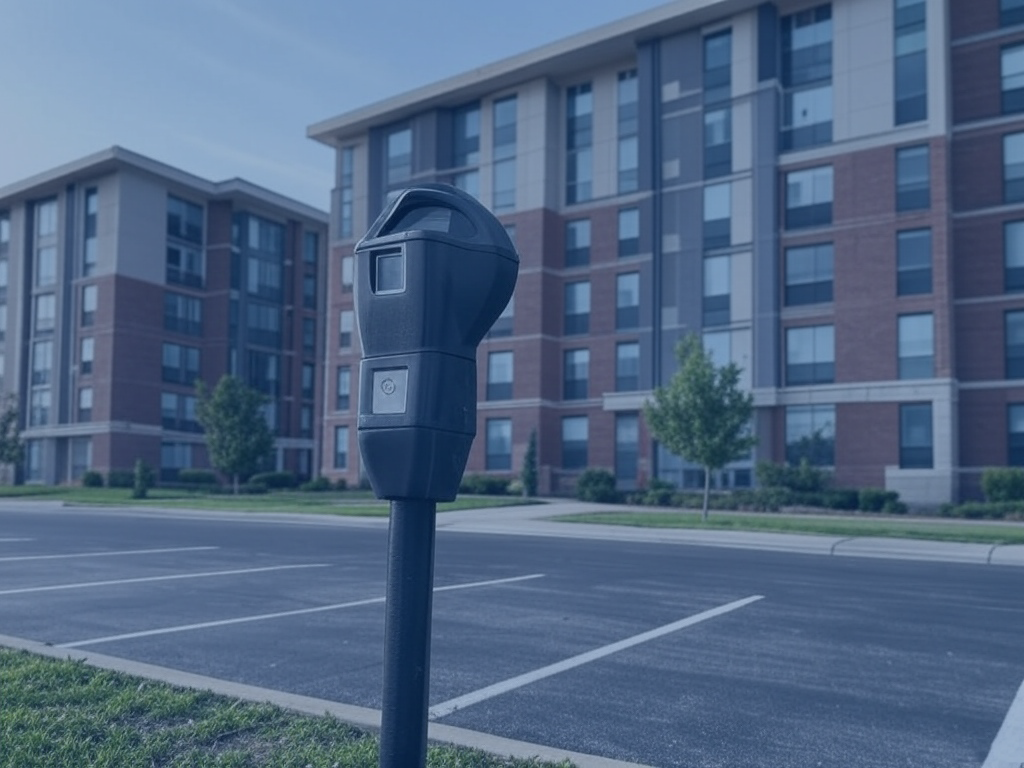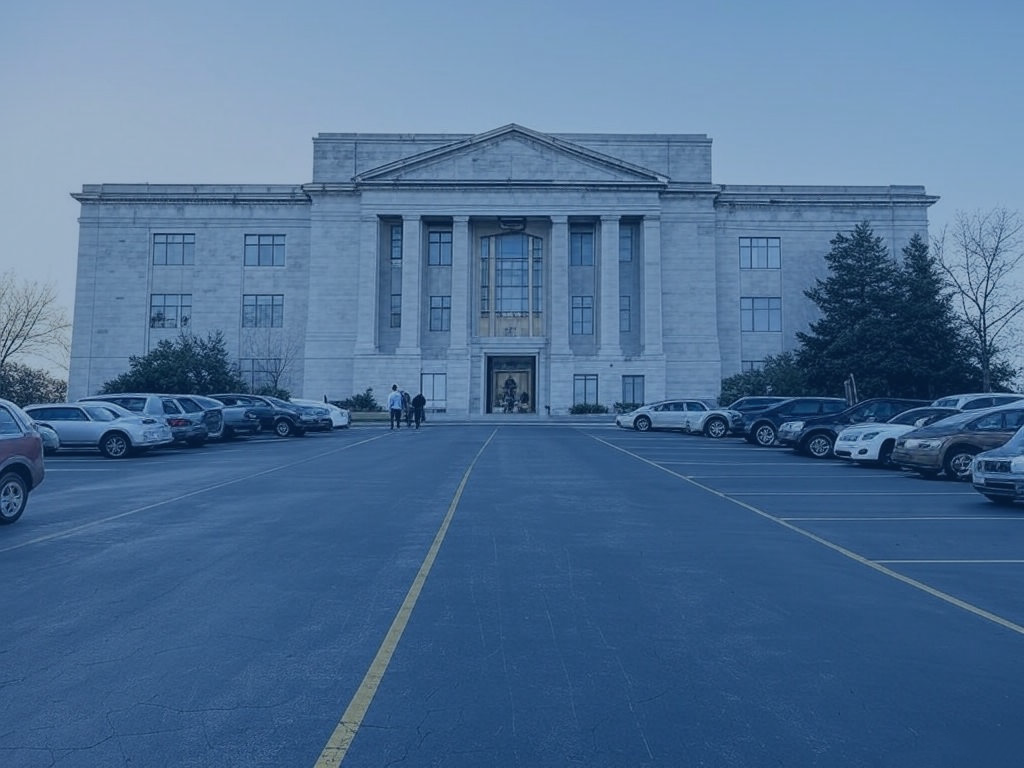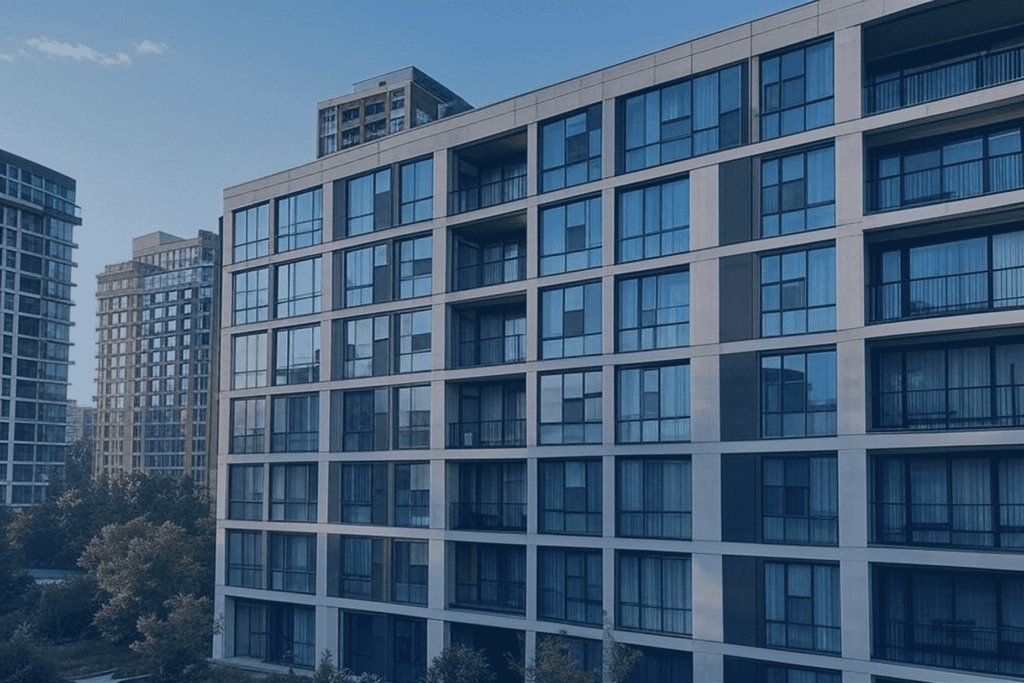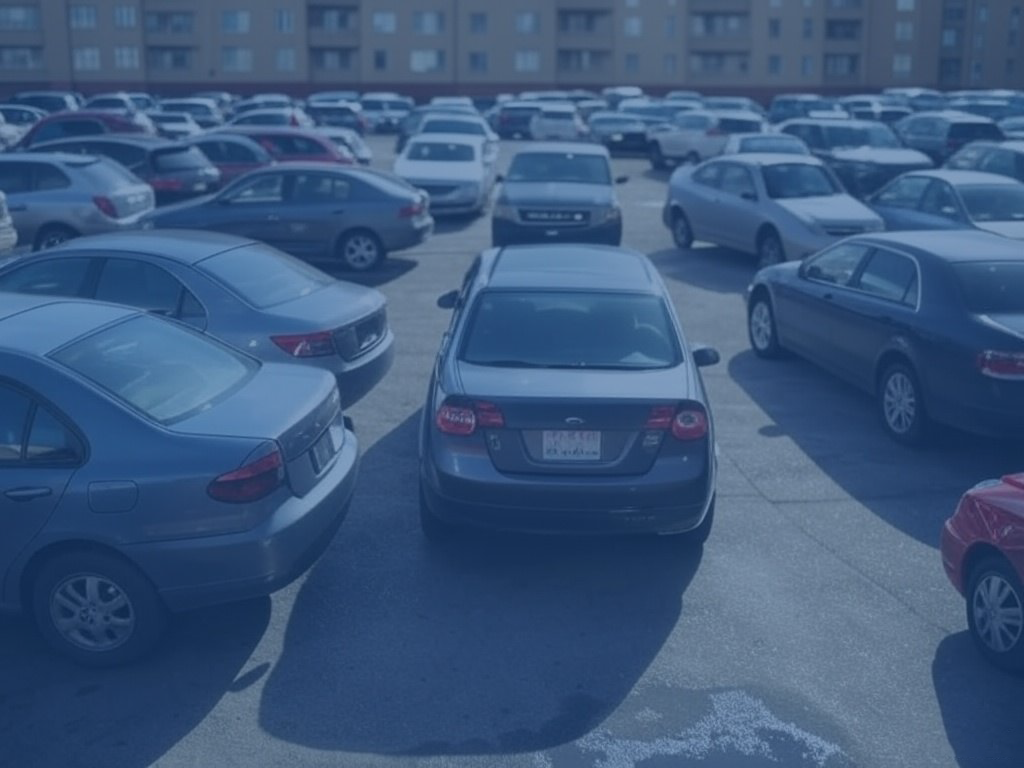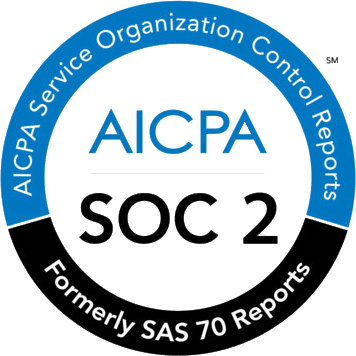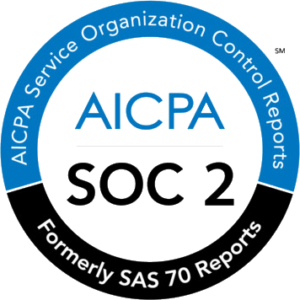It is no longer accurate to simply refer to hybrid work as a trend. It has become abundantly clear that hybrid work, in some form, is here to stay. According to a 2023 report from Gartner, 80% of organizations have already adopted some form of hybrid work.
The dynamics of workplace experience and office attendance are undergoing a profound transformation. Hybrid work models have steadily increased in prevalence and type in the last few years.
The Arrival Index Report by Wayleadr sheds light on this evolution, revealing a notable increase in office occupancy rates – a rise of 4.75% in 2022 compared to the previous year. This statistic underscores a growing trend: the office is no longer just a place to work; it’s a destination that employees choose to visit for specific purposes.
In this context, ‘Earning the Commute’ emerges as a key concept. It represents a shift in perspective where commuting becomes a deliberate choice, driven by the lure of collaboration and meaningful social interactions rather than a compulsory daily routine.
This change is not just about redefining our travel to work; it’s about reshaping the office itself into a dynamic, culture-rich environment. Here, the commute becomes a symbol of engagement and investment in a workplace culture that values connection and community, turning the office into a sought-after destination for more than just work
As we continue to move into this new era, this blog will explore how the traditional office is evolving into this vibrant hub, attracting individuals by earning their commute.
Table of Contents
ToggleRise of Hybrid Work and Its Impact on Office Dynamics
In recent years, the concept of hybrid work has rapidly shifted from a burgeoning trend to an established norm. The emergence of this work model, blending remote and in-office arrangements, represents a significant evolution in how we work.
According to a survey by PwC, 33% of executives planned a mixed model in their companies — a mix of employees working in-person, hybrid, and fully remote, while 18% planned to go entirely hybrid.
This widespread adoption underscores a fundamental change in workplace dynamics, reflecting a deeper alignment with the evolving needs and expectations of the modern workforce.
Amidst this transformation, a unique phenomenon has come into focus: the concept of ‘Earning the Commute.’ In a world where remote work offers the convenience of flexibility and autonomy, the traditional commute to an office space no longer holds the same obligatory status it once did. Instead, it has transformed into a choice – a deliberate decision by employees who see value in in-person interactions and the collaborative energy of the office environment. ‘Earning the Commute’ encapsulates this shift, highlighting the office as a destination for engagement and connection, rather than just a physical location for work.
The Office as a Collaboration and Innovation Hub
As ‘Earning the Commute’ becomes ingrained in the modern workplace ethos, companies are finding that the office’s value proposition must evolve. It’s no longer just a place where work gets done—it’s where ideas ignite. This requires a reimagining of the physical workspace to foster collaboration, spontaneous encounters, and innovation, making the commute worth it.
Organizations are transforming their environments into multi-use spaces. Lounges, communal tables, and coffee bars encourage casual run-ins that can lead to the next great idea. Technology-enabled huddle spaces allow quick, impromptu meetings where remote and in-office employees can collaborate as though they occupy the same room. The office becomes a place not only of utility but also inspiration, a place where the physical journey aligns with the intellectual and creative journey.
Cultivating Culture through Communal Experiences
Another benefit of a commuter culture is the community it fosters. Work culture is not just about values written on a website; it’s about shared experiences and stories. The retreat from the five-day office week has made each in-office day more precious, the stage for communal experiences. This could be team lunch hours, office games, or group workshops—rituals that bring people together, build relationships, and infuse a sense of belonging in the workplace.
Hybrid work models can accommodate the need for focus and deep work, typically associated with days spent working remotely, while also providing opportunities for team building and camaraderie on days spent in-office. In these instances, the commute becomes part of a ritual, a punctuating start to a day of co-creation and connection, further cementing the office’s role as a cultural cornerstone for the company.
Balancing Autonomy and Structure in Hybrid Work
The debate about whether to earn commuting involves balancing autonomy and structure. Employees desire the freedom to define their work environments but also value the structure that traditional office settings provide. This is where a nuanced understanding of the hybrid model becomes essential.
Leaders must be strategic in designing hybrid schedules that maximize the benefits of both environments, offering flexibility and respecting individual work preferences while maintaining a cohesive organizational culture. Some companies have ‘core collaboration hours’ or designated in-office days aligned to team schedules to ensure that everyone reaps the benefits of direct interaction without feeling tethered to a desk.
Leveraging Tech to Enhance the Commuter Experience
In a culture where commuting is earned, technology also plays a vital role. Smart office solutions offered by companies like Wayleadr are revolutionizing the commuter experience. Seamless parking management, visitor systems, and room booking solutions not only alleviate some of the traditional pains associated with office commuting but also serve to reinforce the organization’s commitment to creating a frictionless office experience.
Data-driven insights help organizations understand how to best use office spaces and plan events. Additionally, tech solutions facilitate hybrid meetings, where virtual tools and office amenities blend to create a unified experience for remote and in-office participants alike.
Measuring Success in the Hybrid Workplace
The transformation of the office into a dynamic center of culture and collaboration necessitates a new metric for success. Companies must look beyond traditional productivity metrics and consider employee engagement, retention, and well-being as indicators of their workplace culture’s strength.
Assessing the success of ‘Earning the Commute’ is multifaceted, encompassing employee satisfaction surveys, tracking the usage of office amenities, and monitoring the outcomes of collaborative efforts. Understanding what draws employees to the office can inform future developments, ensuring that commuting is not just earned, but enthusiastically embraced.
As organizations forge ahead in this era of hybrid work, the challenge becomes clear. It’s not about pressuring employees to return to the office; it’s about creating an office environment so compelling that employees desire to be there.
Embracing the New Commuter Culture
‘Earning the Commute’ calls for thoughtful office design, empathetic leadership, and a continued dedication to nurturing a robust workplace culture. It invites us to visualize the commute not as a daily drudge but as a meaningful part of a richer work life.
At Wayleadr, we understand this evolving landscape and provide the tools necessary to make each commute count. Whether enhancing the office environment or streamlining in-office processes, we are dedicated to helping organizations thrive in the hybrid work era.
Discover a new approach to workplace culture and Book a Demo with Wayleadr today.

